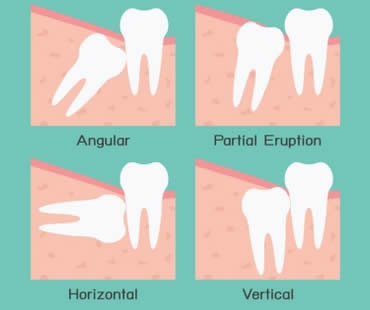Tooth loss is a common occurrence – millions of people suffer tooth loss – primarily as a result of gum disease, tooth decay or facial trauma. For years, the only treatment options available to those missing a tooth were partial dentures or bridges. Today, dental implants are available as an alternative. If you have lost a tooth, you may wonder why you should choose a dental implant over a bridge or partial denture.
Following are some of the advantages of dental implants:
- Dental implants prevent bone loss. Without the tooth root, the bone of the jaw begins to shrink, or resorb, causing problems with remaining teeth and changing the shape of the face. Dental implants serve as replacement roots for the tooth, and continue to stimulate and preserve the bone. When an implant is used, the jawbone fuses to the metal implant in a process known as osseointegration, reducing bone shrinkage significantly.
- Dental implants look better. They feel, look and function like your own natural teeth. Because they fuse directly with your bone, they become permanent, and with proper care, never need to be replaced.
- Dental implants fit better. They are more comfortable and are easier to clean. Because they are so secure, you will speak more clearly and eat with greater confidence and comfort.
- Dental implants will improve your oral health. Implants don’t affect the surrounding teeth the way a bridge does. Your natural teeth remain intact, allowing for easier greater health and cleaning around each tooth.
- Dental implants are convenient. They never have to be removed to clean under them, nor do they need adhesives or wire to stay in place.
- Dental implant surgery has a very high success rate. They are durable and can last a lifetime if you care for them properly.
If you are healthy enough to undergo an extraction of your tooth, you can generally be considered for dental implant surgery. You must have enough healthy bone and soft tissue to hold the implant. Talk to your dentist today if you have questions regarding dental implants and whether they are a right choice for you.
We look forward to seeing you in our Weymouth dental office















